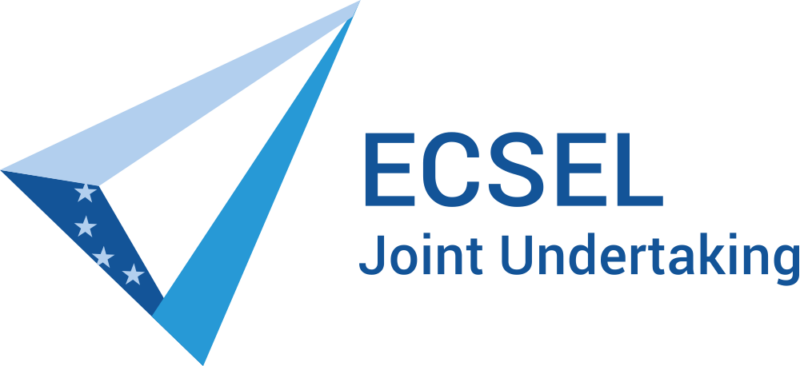Reduction of empiricism in the solder joint reliability assessment of QFN packages by using thermo-mechanical simulations
M. van Soestbergen; R. Roucou; M. Rebosolan; J.J. M Zaal
Abstract: To ensure sufficient field life of solder joints, standardized stress tests are performed during the development phase of products, where calibrated thermo-mechanical simulations are frequently used to ensure a potentially sufficient robustness margin. In this work we show how simulations are calibrated for the QFN (Quad Flat No leads) package family. Using thorough failure analysis, we found that for QFN packages two types of solder joint failure modes can occur. The first failure mode is a brittle fracture through the intermetallic region near the solder interface, the other mode is a crack through the bulk of the solder. In the simulations we handle both failure modes using two different failure metrics. For the brittle fractures we analyzed the volumetric strain energy density in a thin region near the interface. For bulk fails we computed the volume-averaged inelastic strain energy density across the whole solder joint. Using both metrics we found a correlation between simulation and experimental results, where Miner’s rule was used to correlate the results of any non-functional anchor joint to the experimental results of the functional joints. The correlation can be used to predict the solder performance upfront in the design phase, and thus reduce the experimental effort during product development.




